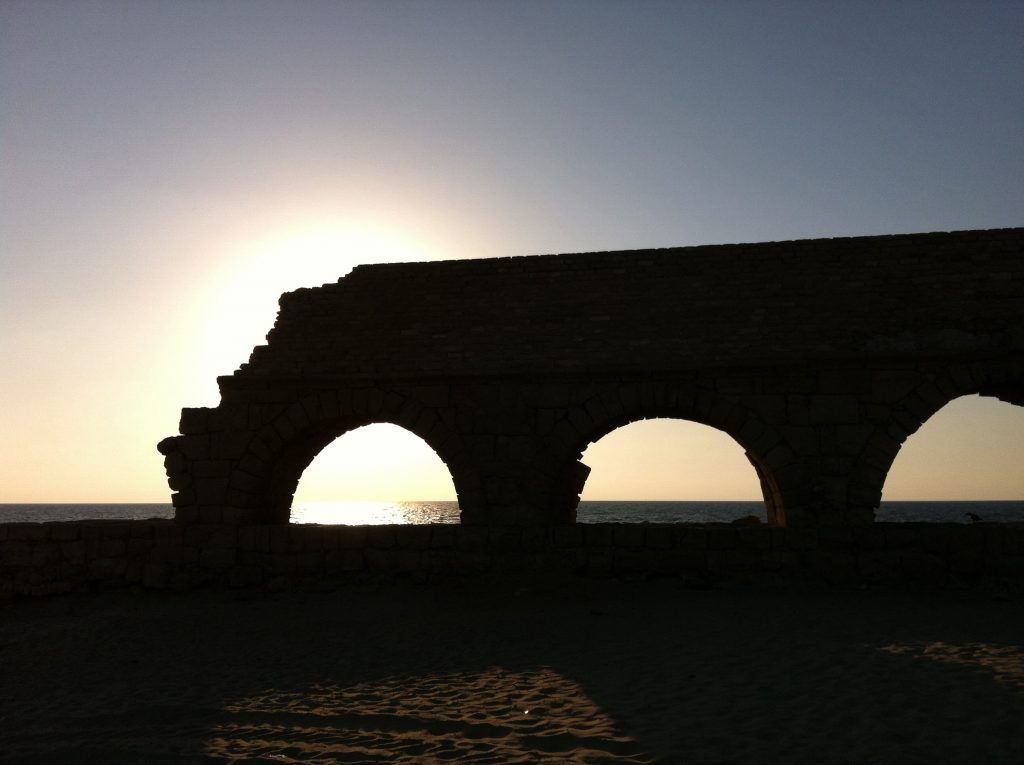
holocaust memorial day is a big deal in israel. a two minute siren sounds at 11:00 am, and the entire country comes to a complete standstill. all the traffic on the freeways stop, and drivers get out and stand beside their vehicles solemnly. the siren is a constant pitch, differentiating it from the sinusoidal siren used to warn of incoming rockets. this year some friends and i went onto the roof of our hospital in advance to watch the normally bustling world around us pause. it really is quite poignant for an entire nation to stop what it is doing and remember something which has had such a major impact on its people; on the world. a foreigner such as myself can’t begin to understand how important the memory of the holocaust is to the psyche of this country. when foreign dignitaries visit, their first required official stop is always the evocative yad vashem, the holocaust museum in jerusalem. while one can assert that current israeli political leaders unfairly use the memory of the holocaust to attempt to justify their hawkish and intransigent stances, there can be no debate that israel has served as an oasis and a “coming home” for millions of jews who understandably wanted self-determination after the holocaust. despite israel’s faults, that is a beautiful thing.
one of my medical school colleagues organized an evening talk with an english speaking holocaust survivor. her name was chaya, and she was a small child in poland when world war ii began. her jewish parents realized things weren’t looking good for her as a jew, so they gave her to another non-jewish couple to raise her as their own. during the war she had no idea she was jewish. she told us of witnessing some terrible atrocities including the merciless murder of children. toward the end of the war suspicion began to mount that she was indeed jewish, and the nazis came to murder her; she escaped only thanks to her “chutzpah.” after the war, her mother, the only family member who had survived, came to reclaim her. her adoptive family didn’t want to give her up, so her mother had to go to court and pay a large sum to legally regain custody, a cash cow for the government at the time. apparently there were huge numbers of jewish children being raised by adoptive parents. it was quite the story. she then moved to america, and eventually made aliyah (immigrated to israel) as a senior citizen. it is extra powerful hearing these stories from the very mouth of someone who lived it. those who lived through the holocaust are becoming more rare as time goes on, so i felt very privileged to be able to hear from chaya. may we never forget.
